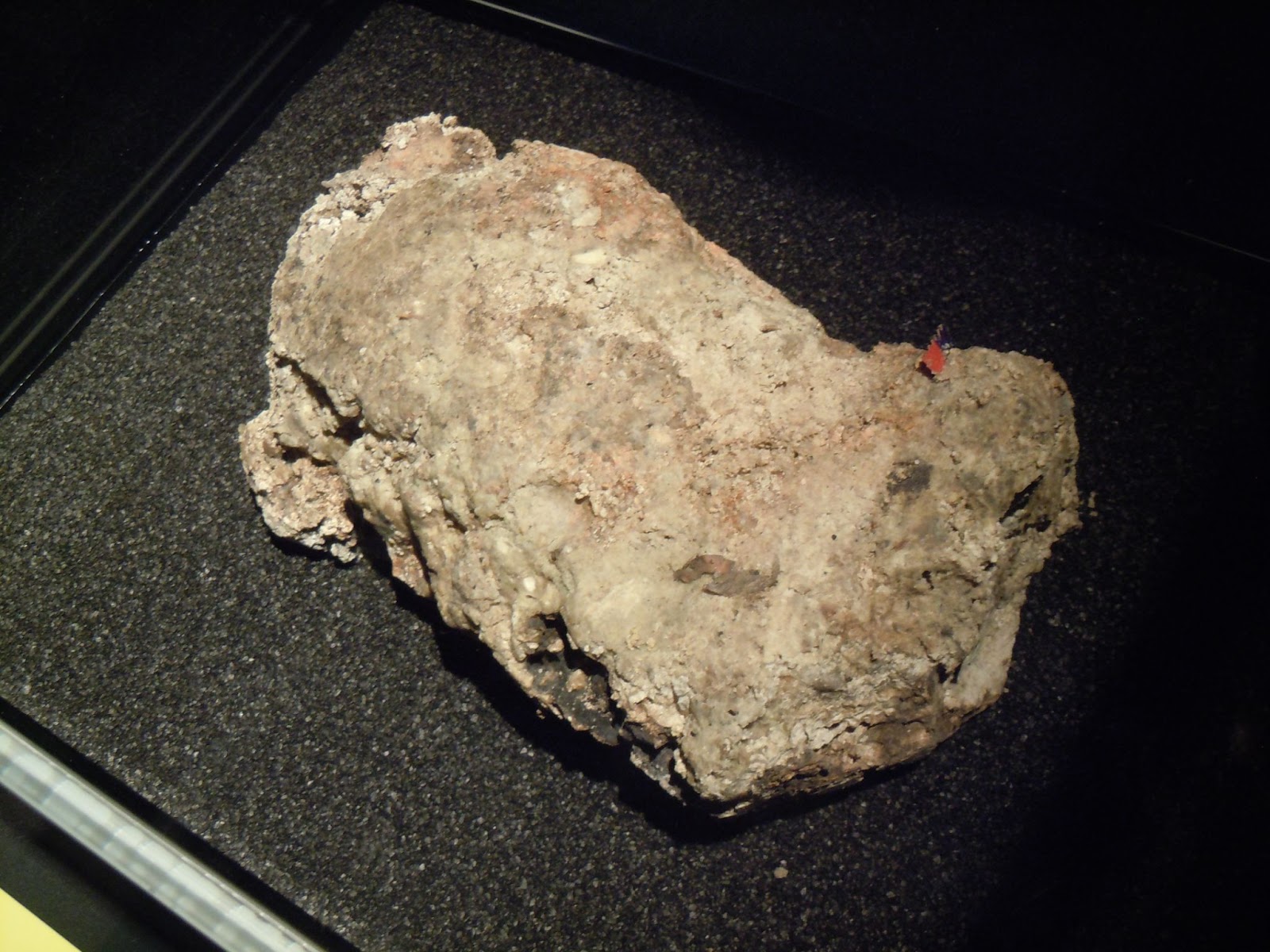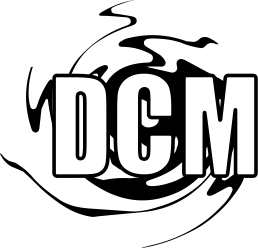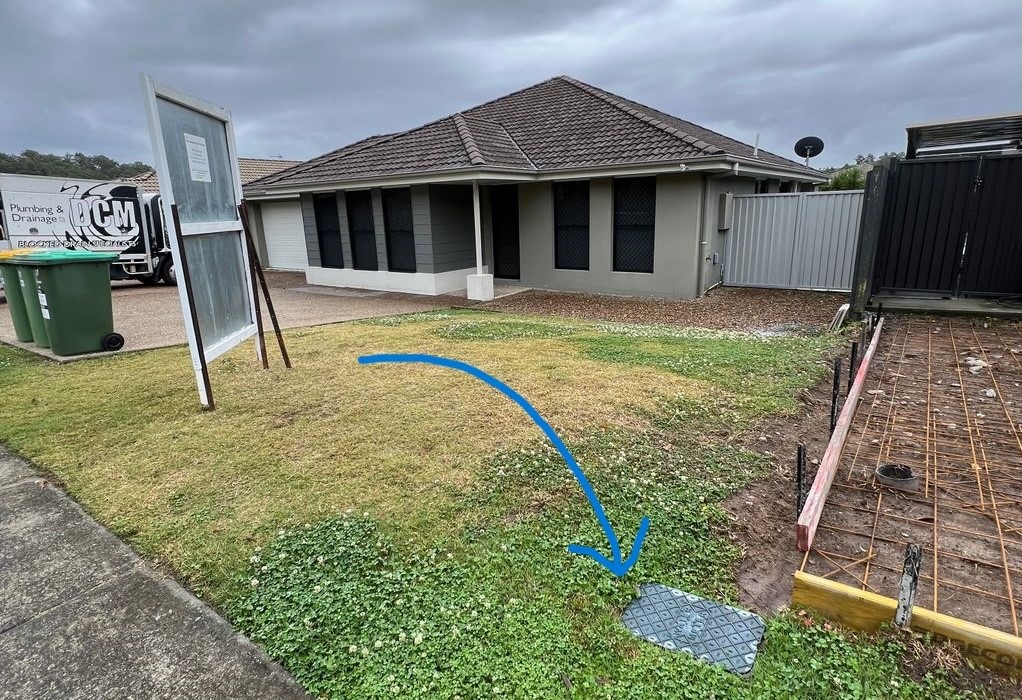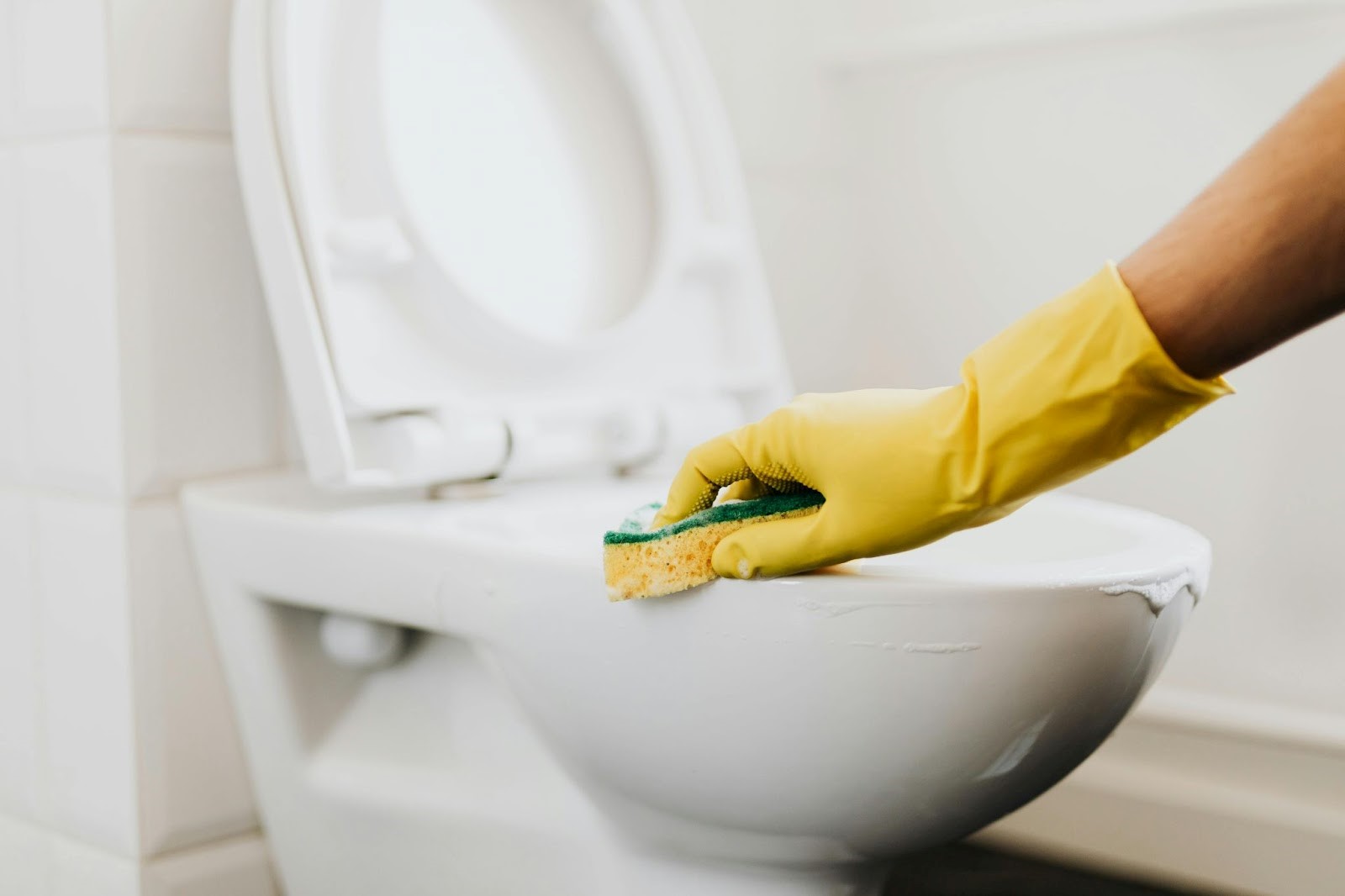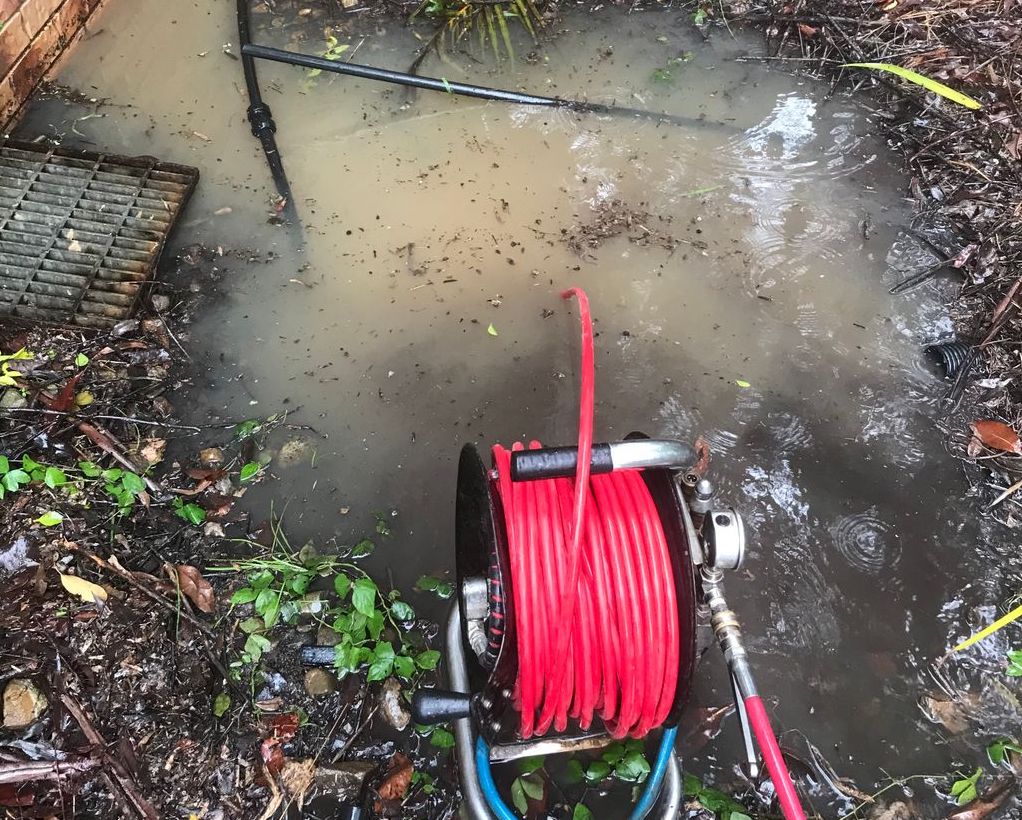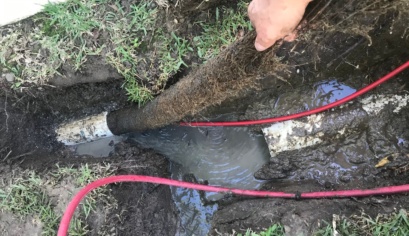In this article, we look at how to dispose of cooking oil and other fats properly, why you can’t pour them down the sink, and more.
Is there anything better than fried foods? Probably not, but disposing of cooking oil properly is a lot less enjoyable…
While you might’ve heard that you shouldn’t pour oil down the sink, have you ever thought about why you shouldn’t? Well, we are going to show you the why, detail the shocking damage that fat and oil can cause in your pipes and further afield, and demonstrate how to dispose of oil properly.
DCM Plumbing is the best plumber on the Gold Coast. We are available 24/7 for all your plumbing needs. With over 900 5* Google reviews and 35 years of experience, we are known as the best for a reason. Got a blocked drain? Need help with leak detection? Want to learn how to clear a blocked drain? We can help.
Can you pour oil down the sink?
Plainly, no, you can’t pour oil down the sink. This is also true for other fats like lard and butter. Pouring fats, oil, and grease down your sink can cause significant damage to your pipes, the sewerage, and even the wider environment. Don’t do it! Let’s look at the why a little more closely now.
Why can’t you put oil down the sink?
- It can clog your drains: Fats, oils, and grease thicken and can even solidify when they cool down (especially in the cooler months). When poured down the sink, they can stick to the pipes and accumulate over time, eventually forming blockages. This can lead to slow-draining water, foul odours, and even sewage backups.
- Sewer system damage: When fats, oils, and grease build up in the sewer lines, it can cause blockages that affect the entire system, leading to possible overflows and environmental damage.
- Environmental pollution: When blockages in the sewer system cause overflows, untreated sewage can enter waterways, affecting aquatic life and contaminating water sources. Fat, oil, and grease-related pollution can be harmful to the environment and pose health risks to humans and wildlife.
Plumbing damage: Fats, oils, and gas can cause damage to your home’s plumbing system, resulting in costly repairs and potential water damage.
Fatbergs: nightmares lurking in the sewers
A fatberg is a large, solid mass formed in sewer systems when fats, oils, and grease combine with non-biodegradable items like wet wipes, nappies, sanitary products, and other debris.
Fatbergs can cause serious problems in sewer systems, including blockages, sewage overflows, and damage to infrastructure. They are difficult and expensive to remove, often requiring specialised equipment and manual labour.
In fact, a fatberg in London made headline news in 2017 as it was so severe that it risked flooding London streets with raw sewage. The fatberg required an entire team of workers in specialised protective suits to dismantle it with shovels, and they described it as being as hard as concrete. The fatberg was over 250 metres long and weighed as much as 19 elephants. This fatberg was so notorious in fact that after dismantling it, part of it was put on display at the Museum of London, a documentary was made about it, and it even inspired a musical.
While it’s easy to have a laugh at some of the more extraordinary stories that fatbergs produce, Water Services Association of Australia estimates that fatbergs cost water utility companies an estimated $15 million a year to clear – that’s serious money.
Don’t be a part of the problem! Do your part and dispose of fat, oil, and grease responsibly.
How to Dispose of Cooking Oil Properly
Container method:
- Allow the cooking oil to cool: After using the oil, wait for it to cool down to a safe temperature before handling it.
- Choose a suitable container: Find a solid, sealable, container that is large enough to hold the oil. Old jars or plastic containers with lids, such as empty detergent or milk bottles, are great options as they help to reuse waste.
- Pour the oil into the container: Carefully pour the cooled oil into the container, using a funnel if necessary to avoid spills. If you have used solid fats, allow them to solidify, then scoop them into the container.
- Seal the container: Secure the lid tightly to prevent leaks and odours.
- Throw the sealed container into your general waste: Ensure the container is sealed before throwing it in the bin, and then simply get rid of it like normal waste.
If you work at a cafe, bar, or restaurant, there may be an oil recycling service near you.
Alternative disposal methods
If you don’t have a container to dispose of the oil in, there are other ways to get rid of small amounts of oil.
To do this, ensure the oil is cooled (and solidified if applicable), then mix it with absorbent materials such as paper towels or cat litter before placing it in a sealed bag and disposing of it in your general waste bin. Note that this method should only be used for small amounts of oil, as larger quantities may cause issues at waste processing facilities.
Add small amounts to your compost
Small amounts of used cooking oil can be added to a compost pile (try and limit yourself to about a cup at a time). If you do choose to add used cooking oil to your compost, make sure to mix it thoroughly with other organic matter, such as yard waste and kitchen scraps, to help prevent clumping and promote even decomposition. Adding too much oil to your compost can slow down the composting process, and too much oil can make your compost start to smell.
Reuse your cooking oil
You can also filter the cooled oil through a fine mesh strainer or cloth to remove any food particles, and store it in a clean container for future use. Reusing oil is best for oils with a high smoke point, such as vegetable or canola oil, and when it hasn’t been used to cook strong-flavoured or heavily seasoned foods. Only reuse once or twice, maximum.
Contact DCM Plumbing for all your plumbing needs
At DCM Plumbing, we are always here to help with any plumbing concerns, including blocked drains and pipe maintenance. If you experience any issues or need professional advice, don’t hesitate to reach out. Contact us today.


